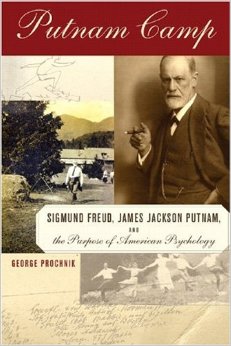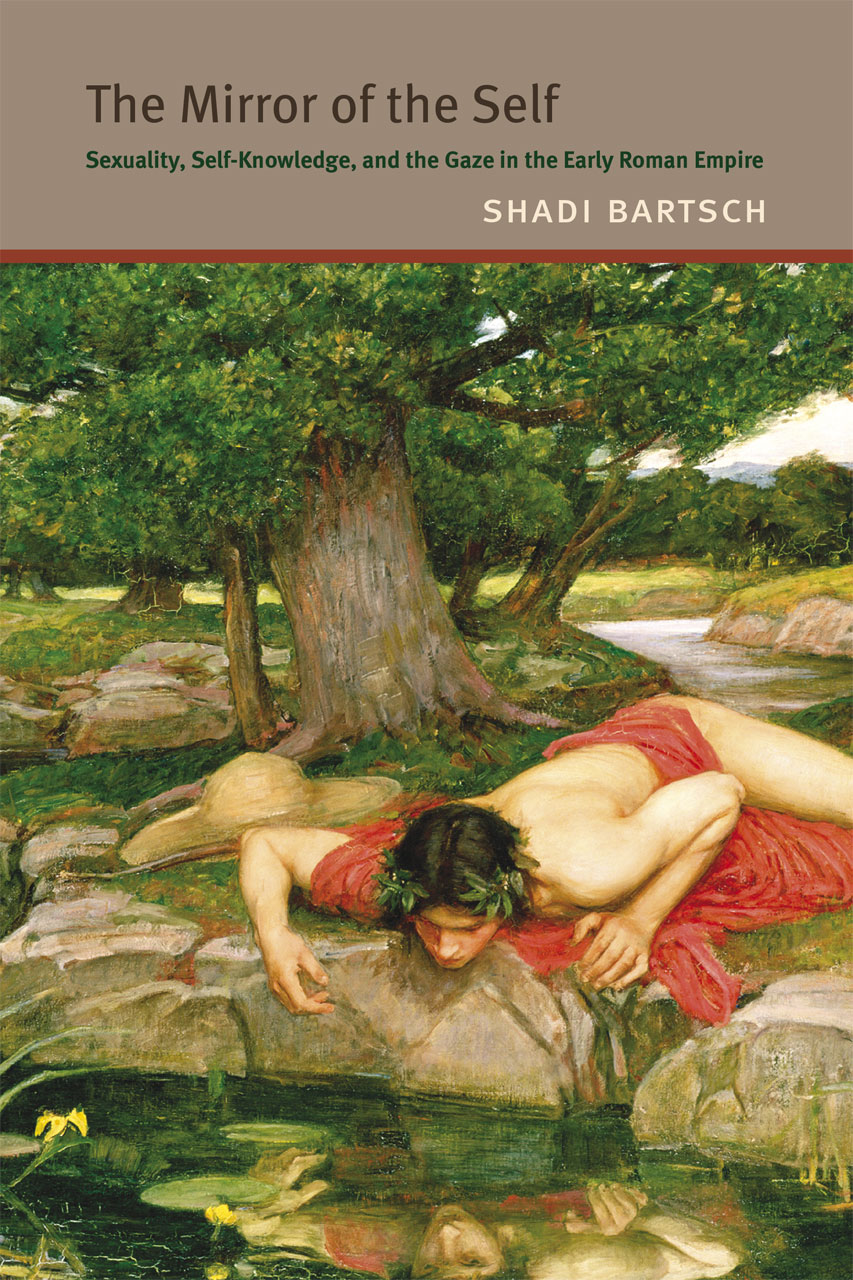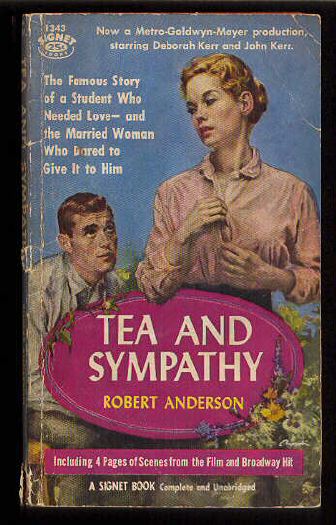
Short Reviews
Short reviews of Women with Mustaches and Men Without Beards, Independent Queer Cinema, and Putnam Camp.
MoreJanuary-February 2007

Short reviews of Women with Mustaches and Men Without Beards, Independent Queer Cinema, and Putnam Camp.
MoreThere is much in Jennings’ book that I admire. He deftly sifts through existing scholarship to recover the terms and forms of ancient Israel’s worship of a “hypermasculine divinity” whose ravishing of his male followers provided a model both for the warrior-leader’s sexual relations with his male attendant and for the healer’s cure of the sick through the infusion of phallic energy. Likewise, he shrewdly analyzes the transvestite implications of the Chosen People being repeatedly imaged as a lovesick or adulterous female yet invariably represented by a male hero like Moses and Jacob, whose wrestling with the Lord becomes a form of rape …
MoreIN THE OLD DAYS of television, the late comedian Steve Allen had a regular routine on his show in which he would set up a camera at the corner of Hollywood and Vine in Los Angeles and make funny comments about the people who passed by. Allen Ginsberg’s captions for Gay Day, a coffee table book of black-and-white photographs of the Gay Pride Day Parade in New York City, are reminiscent of that.
MoreIN LOVE’S RITE, Ruth Vanita takes us through a memory hole of Asian history to a world where the forgotten (sometimes suppressed) esoterica of same-sex couplings can be found. The country is India and the time is before British colonial rule. According to Vanita, South Asia had “no premodern history of persecuting people for same-sex relations. … Under colonial rule, what was a minor strain of homophobia in Indian traditions became the dominant ideology. The British introduced in India, as in most countries they colonized, a law criminalizing any type of sex other than penile-vaginal penetrative sex.”
MoreOn June 6, 2006, in a document titled “Family and human procreation,” the Pontifical Council for the Family asserted its strong commitment to the traditional family and its opposition to gay couples, whose attempts to obtain legal recognition would produce, according to the paper, the “eclipse of God” in modern society.
MoreIN HER LATEST NOVEL, The Night Watch, Man Booker Prize nominee Sarah Waters explores the experience of same-sex and other “deviant” forms of love in World War II-era London. Opening in 1947, the novel moves backward to 1944 and concludes in 1941. Although she often alludes to the past when recounting the events of 1947, Waters, in reversing the chronology of her narrative, requires her readers to understand the consequences of the past before fully comprehending their causes.
MoreCO-AUTHORS Lillian Faderman and Stuart Timmons have written an ambitious and groundbreaking book that should at last give Los Angeles the prominence it has long deserved in gay history. Indeed the modern gay movement may be said to have been born in L.A. with the founding of the Mattachine Society in 1950 and of ONE, Inc. in 1952, and with the publication of its magazine, ONE, in 1953.
More
SHADI BARTSCH traces the development of Platonic theories about “boy-love” from ancient Greece to imperial Rome. The term “boy-love,” however, is misleading: it implies love of a child no older than twelve, whereas the Greeks preferred adolescents, eromenoi. The distinction is important because of the mistaken belief, seen everywhere in current discussions of sexuality, that pederasts are the same as pedophiles, attracted to pre-pubescents. Erastes, usually young men who partnered with eromenoi, were not pedophiles.
More
IN 1950, playwright André Gide wrote that “in the theater, homosexuality is always a false accusation, never a fact of life.” Vincente Minnelli’s film Tea and Sympathy, which opened on movie screens fifty years ago last fall, revolves around precisely such a false accusation. Rumor and innuendo destroy the reputation of a student at a boys’ boarding school; the boy’s road to redemption challenges postwar conformity, group masculinity, and smothering mothers-but never, of course, the closet. …
MoreINTERGENERATIONAL RELATIONSHIPS—those in which the two partners are at least twenty years apart—seem to thrive in the gay male world, greatly surpassing the corresponding rate of occurrence in the straight world. It’s a phenomenon that many people have noticed informally, though there isn’t much hard data to confirm its existence or its prevalence.
More